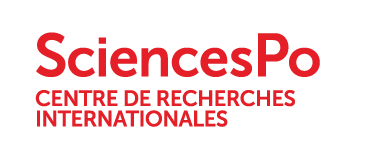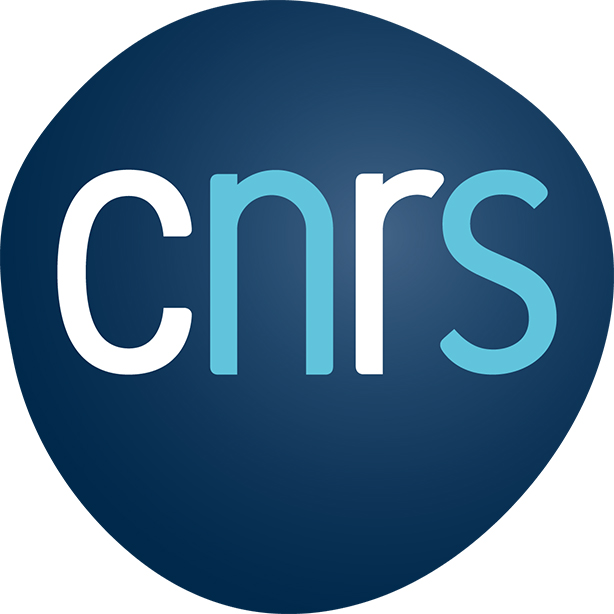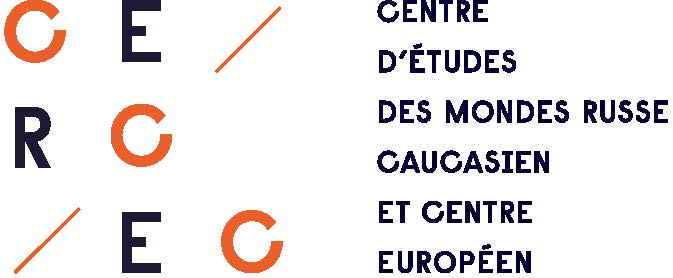A workshop, organized by CERI in partnership with CNRS, EHESS, CERCEC, Ben-Gurion University of the Negev and EUR'ORBEM Paris Sorbonne.
In the past decades, the epistemological and methodological focus on emotions as a crucial element of social and political life, known as the "emotional turn" in the social sciences and humanities, has emerged as a dominant prism of analysis. This workshop seeks to bring this emotional turn into the study of post-Soviet Russian space.
Russian public spaces appear today as constituted by different powerful, sometimes contradictory, ideological trends which are strongly charged with emotions and recruit emotional language. The neoliberal economic and cultural regime constitutes an emotional style of a self-regulating, self-fulfilling Russian citizen which is responsible for his own wellbeing, while the new patriotic and nationalist discourse is based on nostalgic feelings, fear or disgust, and speaks directly to the lost imperial pride of post-Soviet citizens.
We aim to grasp which emotions are being incorporated into the language of the State, as well as its institutional and individual actors, and also to trace how emotions are recruited to create alternative spaces of social action, political protest and private life, within the public domain. We will investigate how emotions are embodied today in the constitution of State and citizenship, memory and processes of group mobilization.
Programme
10h-10h15 : Café de bienvenue
10h15-10h45: Opening remarks
Kathy Rousselet/Кати Русле (CERI, Sciences Po)
Luba Jurgenson/Люба Юргенсон (EUR’ORBEM, Paris Sorbonne, CNRS)
Françoise Daucé/Франсуаз Досэ (CERCEC, EHESS, CNRS)
Introduction:
Julia Lerner/Юлия Лернер (Ben-Gurion University of the Negev)
10h45-11h45 : Artifacts, Exhibits and Representations
Sofia Tchouikina/Софья Чуйкина
(Institut des sciences sociales du Politique, ISP, et Université Paris VIII Vincennes-Saint-Denis)
Эмоционализация коммеморации: экспонаты и дискурсы столетнего юбилея Первой мировой войны/Emotionalisation of Commemoration: WWI exhibits and discourses of centenary anniversary. Bella Ostromookhova/Белла Остромухова (EUR’ORBEM, Paris Sorbonne, CNRS)
Эмоции в российской детской литература и вокруг нее/Emotions around and through contemporary Russian Children's literature
Discussant:
Luba Jurgenson/Люба Юргенсон
Débat : 11h45-12h15
Pause-déjeuner : 12h15-13h30
13h30-15h : New and Old Medias
Vera Zvereva/Вера Зверева (University of Jyväskylä)
Social media users in search of “facts”: the Trade Union House Fire case
Polina Aronson/Полина Аронсон (openDemocracy Russia: Independent international media platform) Quantified Heart Artificial emotional intelligence across cultures
Discussant:
Françoise Daucé/Франсуаз Досэ
Débat : 15h-15h30
Pause café : 15h30-16h
16h-17h30:Discourses, practices and Institutions of care
Elena Zdravomyslova/Елена Здравомыслова (European University at St. Petersburg)
Дискурс активного долголетия и "хрупкий пациент" гериатрии/Discourse of the active aging and a "fragile patient" of gerontology
Ioulia Shukan/Юлия Шукан (Université Paris Nanterre et Institut des sciences sociales du politique) Emotions, affectiveties and practice of care:giving in the women volunteers' assistance to the wounded soldiers of Donbas
Pavel Vasilyev/Павел Васильев (Polonsky Academy Fellow, the Van Leer Jerusalem Institute) Re/Production Cycles: Affective Economies of (Post) Soviet Menstruation
Discussant:
Kathy Rousselet/Кати Русле
17h30-18h30: Débat sur la dernière session et l'ensemble de la journée
Scientific coordinators: Kathy Rousselet, Sciences Po-CERI, Julia Lerner, Ben-Gurion University of the Negev, Françoise Daucé, CERCEC, EHESS, Luba Jurgenson, EUR’ORBEM, Paris Sorbonne.











 01/10/2018
01/10/2018 10:00
10:00 









